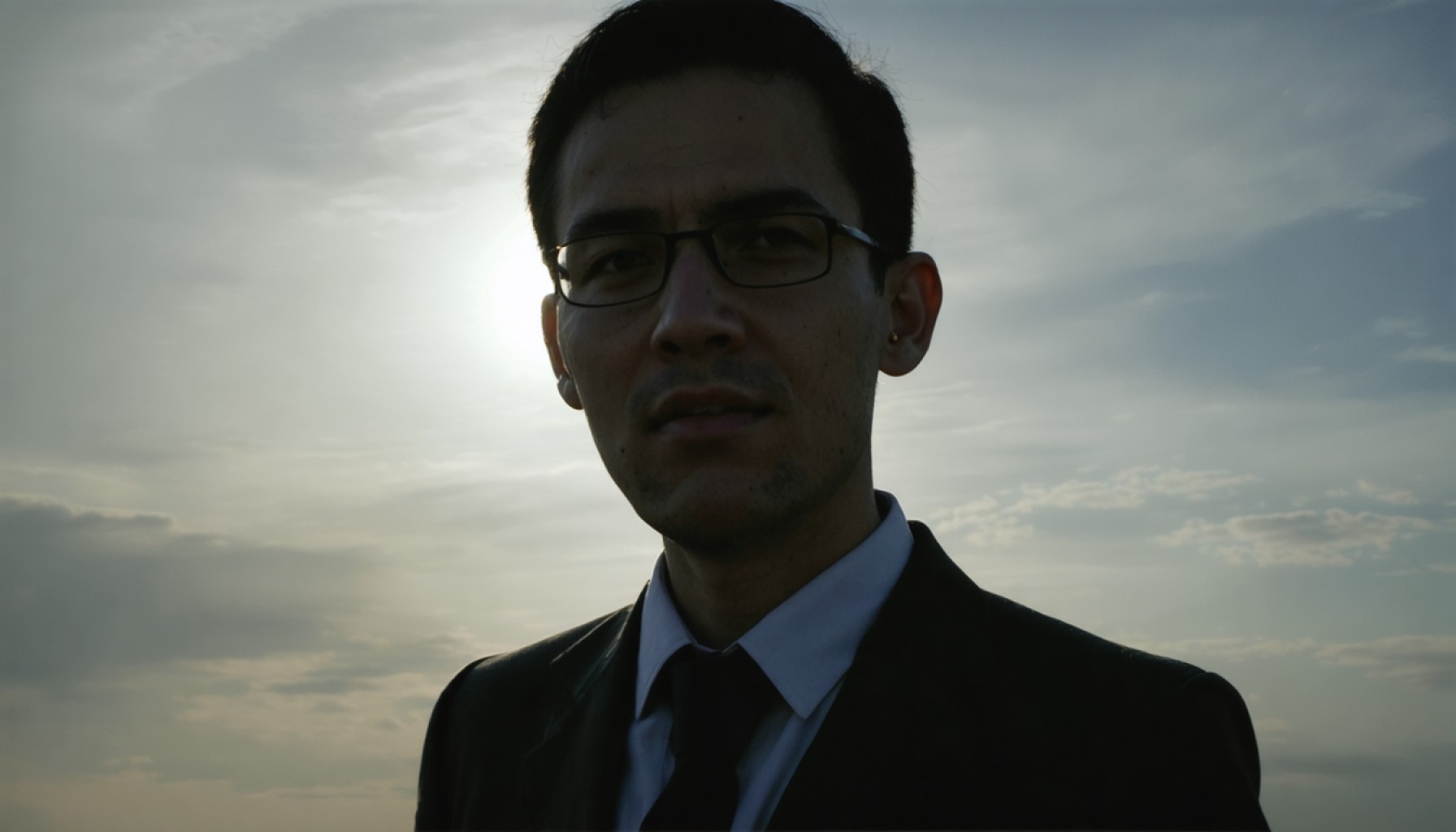- Iwao Hakamada, wrongfully convicted in 1966 for a quadruple murder in Shizuoka Prefecture, was declared not guilty this year after 57 years.
- The Shizuoka District Court’s recent decision highlighted the absence of credible evidence and potential fabrication in Hakamada’s case.
- Hakamada spent decades in solitary confinement, profoundly affecting his communication and well-being.
- His older sister, Hideko, has been a steadfast advocate, calling for systemic reforms to prevent future wrongful convictions.
- The Hakamada siblings’ story underscores the urgent need for justice system reform and serves as a poignant reminder of the devastation caused by delayed justice.
A gentle sun filters through the trees lining a quiet street in Hamamatsu City, where two remarkable siblings reside. For almost six decades, Iwao Hakamada has lived a life shadowed by the monstrous weight of an unjust conviction. Now 89, Hakamada’s journey through an unrelenting legal maze epitomizes the resilience of the human spirit and the timeless pursuit of justice.
In 1966, a gruesome crime shook Shizuoka Prefecture—four members of a family were brutally murdered. A young Hakamada, a former professional boxer, found himself ensnared in a tempest he couldn’t escape, facing a sentence as grave as death with scant evidence binding him to the crime. Yet, it was not just the verdict that was crippling; it was the erosion of his humanity during the ensuing years of solitary confinement that tested Hakamada’s endurance.
In the echoing halls of justice, tides change slowly. It wasn’t until March of this year—a staggering 57 years later—that a glimmer of vindication appeared when the Shizuoka District Court declared Hakamada not guilty. The court’s decision, a monumental shift, recognized not just the lack of credible evidence but also the likely fabrication that had condemned an innocent man.
At the heart of this emotional tempest stands Hideko, Hakamada’s indomitable older sister. Now 92, her unwavering dedication over the years illuminates an unwavering family bond that transcends time and adversity. She has been his champion in the dark, voicing a fervent plea for systemic reforms to prevent future miscarriages of justice—a call to action for policies that root out the possibility of wrongful convictions.
Despite the legal victory, the years in isolation have taken their toll. Hakamada wrestles with the remnants of prolonged detainment, his communication now hindered, a reminder of the deep scars left by decades of silence. It is within the quietude of their shared home that this struggle becomes palpable, where moments of understanding are hard-won battles against the ghostly consequences of past misjudgments.
The tale of Iwao Hakamada is not merely about righting a wrong; it is a clarion call to reexamine the structures that can topple the innocent. As we absorb the lessons from his odyssey, we are reminded that justice delayed is anguish prolonged. The enduring spirit of the Hakamada siblings shines as a beacon, urging us toward compassion, reform, and vigilance, ensuring that such a tragedy never repeats itself.
The Unyielding Spirit of Iwao Hakamada: A Case Study in Justice Reform
A Remarkable Tale of Resilience and Systemic Flaws
Iwao Hakamada’s story stands as a powerful testament to human endurance and the need for systemic justice reform. Wrongfully convicted of a heinous crime in 1966, his 57-year battle for exoneration underscores critical issues within the legal system. As we delve deeper, we uncover additional dimensions of this case and its implications for future justice.
Key Additional Facts and Context
1. The Legal System and Wrongful Convictions: Japan’s legal framework, known for its high conviction rates, has faced scrutiny due to cases like Hakamada’s. The system’s reliance on confession over evidence highlights the need for comprehensive reforms (Amnesty International).
2. Psychological Impact of Prolonged Detainment: Decades of solitary confinement have inflicted profound psychological scars on Hakamada, contributing to cognitive and communicative challenges (AIHR). Such outcomes urge a reevaluation of incarceration practices and prison conditions globally.
3. Advances in Forensic Technology: The case underlines the vital role of advancements in forensic science. Had DNA testing been available during Hakamada’s initial trial, the outcome might have been drastically different (NIJ).
4. Steps Toward Legal Reform: Judicial reforms, including the introduction of lay judge systems and transparency measures, are critical to preventing future injustices and enhancing public trust in the legal process.
How-To: Advocating for Justice Reform
1. Educate Yourself and Others: Understanding the intricacies of legal systems can empower citizens to advocate for change.
2. Engage with Advocacy Groups: Support organizations working towards justice reform. Your voice can amplify efforts to implement necessary legal changes.
3. Promote Policy Initiatives: Encourage local policymakers to adopt transparency and accountability measures within judicial processes.
Insights and Predictions
With increasing awareness of wrongful convictions, we anticipate a stronger push for global legal reform. Technological integration, including AI and forensic advancements, is predicted to play a significant role in shaping a more just legal landscape.
Controversies and Limitations
The Hakamada case highlights systemic vulnerabilities, including fabricated evidence and coerced confessions. However, balancing justice for victims and protection for the accused remains a complex legal challenge.
Conclusion: Immediate Actions for Change
– Raise Your Voice: Participate in campaigns that highlight justice system flaws and support initiatives aimed at legal reform.
– Stay Informed: Regularly engage with credible sources and expert analyses on judicial reform.
Iwao Hakamada’s story impacts far beyond individual exoneration—it is a rallying cry for justice and systemic change. As we navigate the nuances of this case, let us strive to transform lessons into actionable policies, ensuring such miscarriages of justice are relegated to history.
For more insights into justice reform and advocacy, visit Amnesty International.
